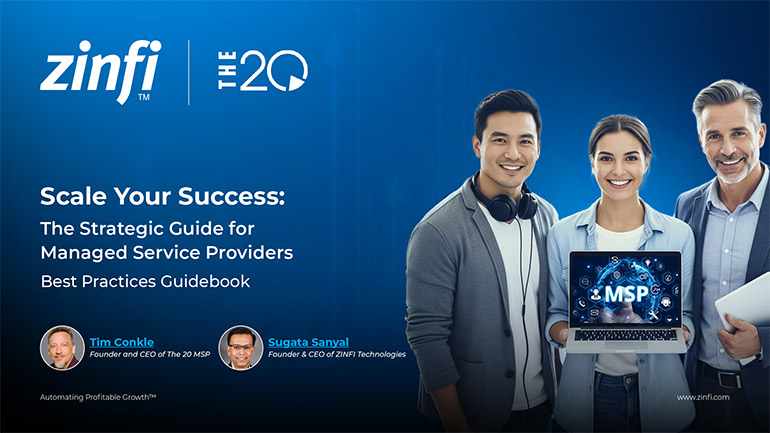Tim Conkle, Founder and CEO of The 20 MSP, opens the discussion by sharing his extensive journey in the IT industry, stretching back to 1992. He transparently recounts the early struggles of his company, Roland Technology, mirroring the challenges many Managed Service Provider businesses face in achieving substantial growth. Conkle identifies lead generation as his initial "Achilles heel," acknowledging that despite his strong sales abilities, consistently getting in front of potential clients proved difficult. His breakthrough came after years of refining a single, effective "oil well"—Google pay-per-click—which dramatically accelerated his company's expansion and highlighted the critical role of reliable demand generation for any aspiring MSP. This personal experience underscores the foundational importance of a robust marketing engine to initiate and sustain business development.
As Conkle began teaching other MSPs his successful lead generation strategies, he uncovered two further, equally critical challenges that many in the industry faced: the ability to close deals and the capacity for operational scale effectively. He cites examples of MSPs generating numerous appointments but failing to convert them into sales, or those who rapidly grew their revenue but saw no corresponding increase in profit because their internal operations could not keep pace with demand. This realization led him to conceptualize the "three-legged stool" of MSP success: lead generation, sales execution, and operational scale. Conkle argues that while technical knowledge and tools are abundant in the IT sector, successful businesses must first master these fundamental building blocks.
This more profound understanding of business fundamentals inspired Conkle to found The 20 MSP, based on a whiteboard idea 13 years ago. The name reflects his "better together" philosophy, drawing from the 80-20 rule, where the "20 percenters"—the high-performing individuals and companies—achieve far greater results when they collaborate. Conkle passionately articulates that a fragmented industry allows external entities to "mine the gold" that MSPs often overlook within their businesses. These high performers can strengthen the entire Managed Service Provider ecosystem by uniting and fostering a collective approach that prioritizes shared success over isolated competition, ultimately unlocking immense untapped value.
